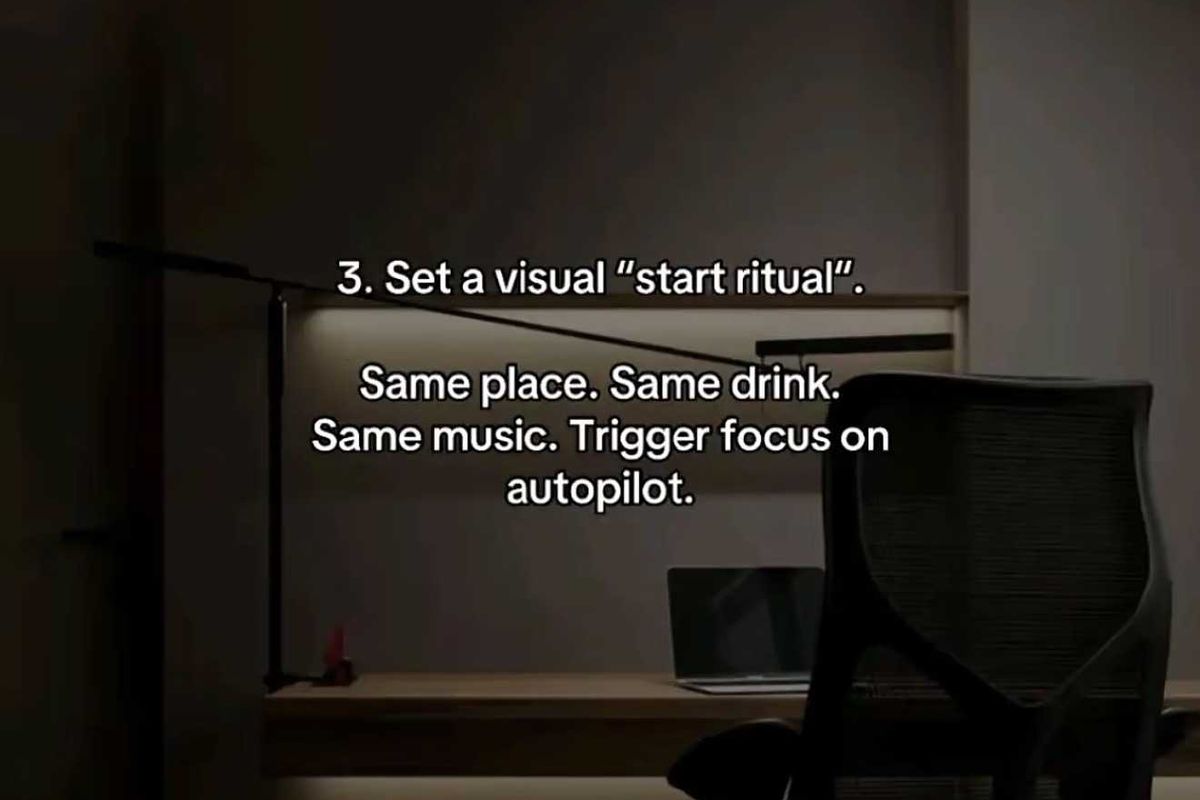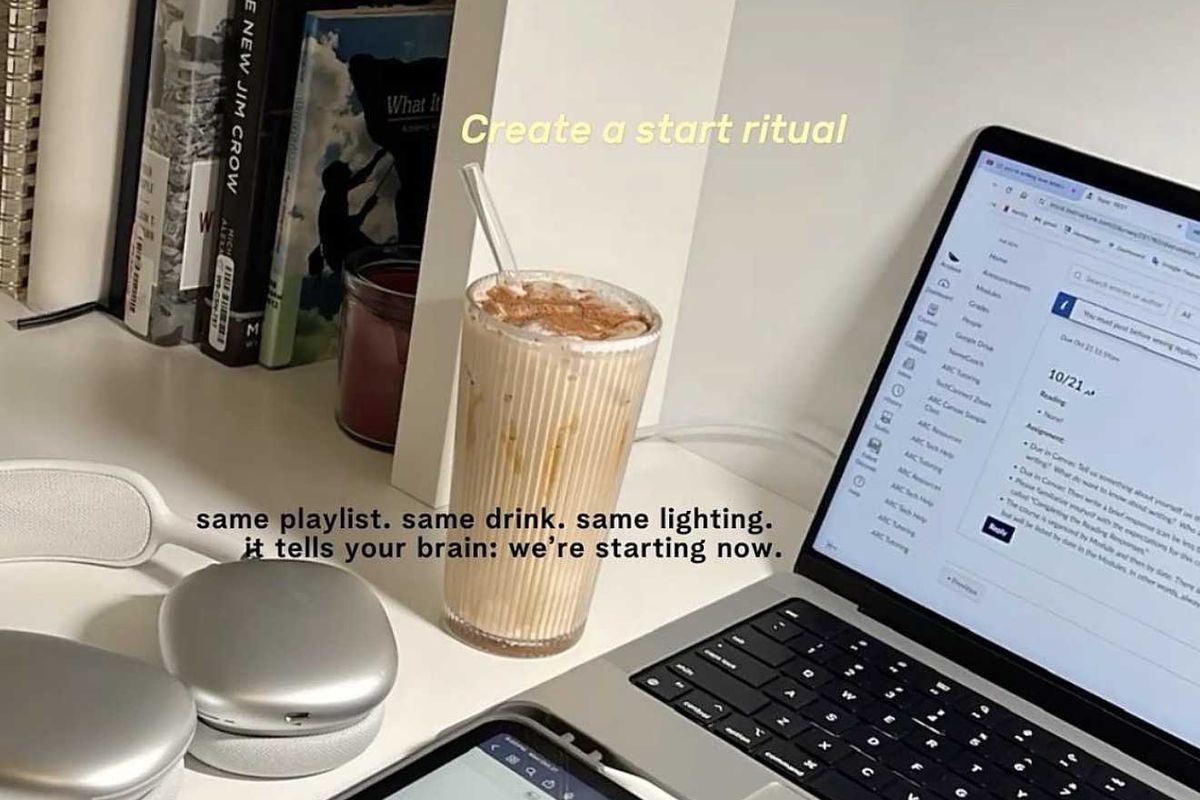For over 120 years, National Geographic has brought the world to your doorstep.
The iconic magazine, TV channel, and brand has built their name showcasing the planet's most beautiful and exotic places in writing and photography.
Every single month, the glossy, high-resolution pages of National Geographic are filled with some of the best photography in the world.
They also hold an annual photography contest, open to amateurs and people outside of Nat Geo's employ. It's a chance for photographers all over the world to showcase their work.
The 2016 winners of the National Geographic Travel Photographer of the Year contest were announced in July.
As you can imagine, they are breathtaking:
"Winter Horseman" by Anthony Lau (Mongolia)
Grand prize winner. All images courtesy of National Geographic.
"The winter in Inner Mongolia is very unforgiving," writes photographer Anthony Lau. "At a freezing temperature of minus twenty and lower, with a constant breeze of snow from all direction, it was pretty hard to convince myself to get out of the car and take photos."
"Wherever You Go, I Will Follow" by Hiroki Inoue (Japan)
"Nature" first place winner.
"It was the time of day immediately following sunset. I heard a voice. 'Wherever you go, I will follow you' the voice says." — Photographer Hiroki Inoue.
"Ben Youssef" by Takashi Nakagawa (Morocco)
"Cities" first place winner.
"Even though there were a lot of people in Ben Youssef, still here was more quiet and relaxing compare to the street outside in Marrakesh," wrote Takashi Nakagawa. "I was waiting for the perfect timing to photograph for long time."
"Rooftop Dreams, Varanasi" by Yasmin Mund (India)
"People" second place winner.
"I arrived at my guest house in Varanasi at 5:30am," wrote Yasmin Mund. "I instinctively climbed the 7 sets of stairs to the rooftop (which happened to be the highest in the vicinity) to see the sunrise over the famous Ganges River. As the sun was rising I looked over the right hand side of the balcony and my jaw dropped with disbelief."
"Double Trapping" by Massimiliano Bencivenni (Brazil)
"Nature" second place winner.
"I was in the Brazilian Pantanal along the Rio Negrinho," wrote Massimiliano Bencivenni. "I realized that the river, at certain points of the loops, created places where there were many yacare caimans. I saw a yacare sink suddenly, and I immediately looked for the best location to photograph when it resurfaced. The whole thing lasted only a fraction of a moment."
"Silenced" by Wing Ka H. (China)
"Cities" second place winner.
"This photo was taken on my last trip to Guangzhou, China," wrote Wing Ka H. "This place is the school dormitories of South China Normal University. When I was hanging around, most of them were taking a break. After lunchtime, they needed to go back to study."
"Remote Life" by Mattia Passarini (India)
"People" third place winner.
This woman is carrying a log to warm up her home in the remote village of Himachal Pradesh.
"Lagunas Baltinache" by Victor Lima (Chile)
"Nature" third place winner.
"I embarked alone on this adventure to find images not yet published of the most arid desert in the world and its contrasts," wrote photographer Victor Lima. "Despite the Atacama Desert being one of the best places on the planet to do night photography, in my prior research I discovered that there were not many night photos in the main tourist destinations there."
"Celestial Reverie" by Jeremy Tan (Malaysia)
"Cities" third place winner.
"Lightning seemingly strikes Komtar Tower, the most iconic landmark of George Town, capital of Penang state in Malaysia, during a thunderstorm. It is symbolic of the rejuvenation that the city, famous for a unique blend of centuries-old buildings and modern structures, has enjoyed in recent years." — Photographer Jeremy Tan.
"Muscle Beach Gym" by Dotan Saguy (USA)
"People" honorable mention.
The iconic Muscle Beach Gym in Venice Beach, California.
"Bears on a Berg" by John Rollins (Canadian Arctic)
"Nature" honorable mention.
"To me, the relative smallness of these large creatures when compared to the immensity of the iceberg in the photo represents the precariousness of the polar bear's reliance on the sea and sea ice for its existence," wrote John Rollins.
"Divide" by Kathleen Dolmatch (USA)
"Cities" honorable mention.
"From a doorless helicopter looking south on Central Park West, dividing the architecture and Central Park," wrote Kathleen Dolmatch. "The flight was my birthday gift."
It probably seems like there's a lot of ugliness in the world lately.
Terrorist attacks, shootings, political drama — it's exhausting.
But it's nice to be reminded that there's always beauty in the world, and sometimes it takes a keen, highly trained eye to find it.
Photographers often have to wait around for hours or days to capture images like these. They have to climb on roofs or get in helicopters or put themselves in dangerous spots just to grab a single moment of the world's intense and fleeting beauty.
When they do, it's so worth it. Because we all get to enjoy it.



 Student smiling in a classroom, working on a laptop.
Student smiling in a classroom, working on a laptop. Students focused and ready to learn in the classroom.
Students focused and ready to learn in the classroom.
 TikTok · Ankita Tejwani
TikTok · Ankita Tejwani  Another user shares their anti-start, or "start," ritual.
Another user shares their anti-start, or "start," ritual.  This user's start ritual sums it up: we're starting now. Photo
This user's start ritual sums it up: we're starting now. Photo  Woman lighting a candle with a match, surrounded by softly glowing candles.
Woman lighting a candle with a match, surrounded by softly glowing candles. Man stretching neck in living room, wearing a gray shirt, with eyes closed.
Man stretching neck in living room, wearing a gray shirt, with eyes closed. Writing down your thoughts and feelings by hand is a totally different experience.
Writing down your thoughts and feelings by hand is a totally different experience.

 Teens hanging out in a living room.via
Teens hanging out in a living room.via  Teenagers eating pizza.via
Teenagers eating pizza.via  Teenagers eating pizza.via
Teenagers eating pizza.via 
 Going to work or school sick. Photo by
Going to work or school sick. Photo by  Displaying an American flag. Photo by
Displaying an American flag. Photo by  Calling people on the phone unannounced. Photo by
Calling people on the phone unannounced. Photo by 
 Star jumps can help you move adrenaline out of your body.
Star jumps can help you move adrenaline out of your body.  There are ways to stop the shakes without exercise, too.
There are ways to stop the shakes without exercise, too.